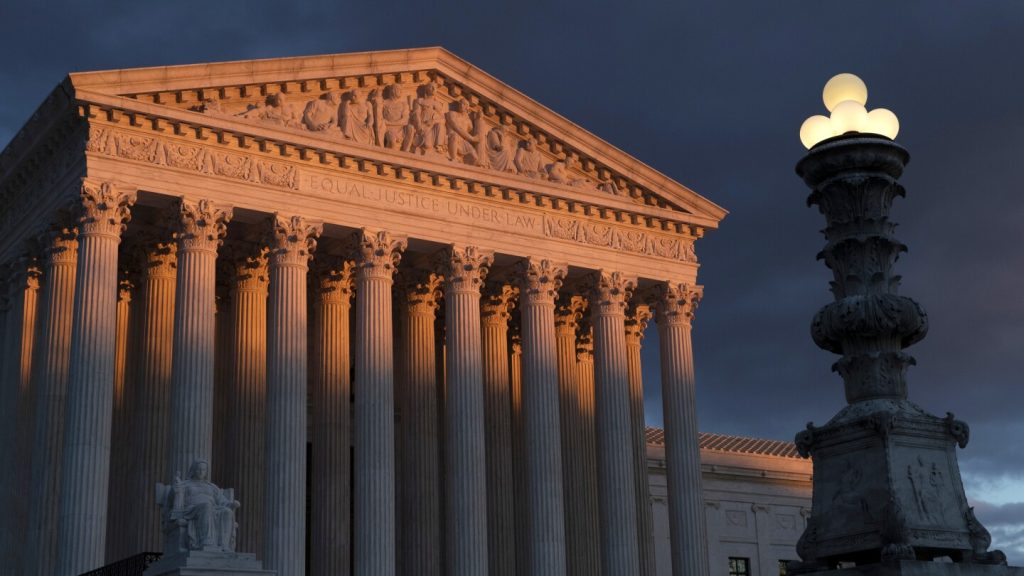The Supreme Court is currently considering whether former President Donald Trump can avoid prosecution for his attempts to overturn the 2020 election results. Trump’s legal team argues that former presidents should have absolute immunity for their official acts to prevent politically motivated prosecutions. However, lower courts have rejected these arguments, and the timing of the Supreme Court’s decision could impact Trump’s potential trial delay until after the 2024 election.
Trump is facing multiple criminal cases, including one brought by special counsel Jack Smith in Washington for election interference conspiracy. Smith’s team argues that the Constitution does not intend for presidents to be above the law, and the acts Trump is charged with are not part of a president’s official duties. The Supreme Court previously rejected Trump’s claim of absolute immunity in a case involving a district attorney’s subpoena for his financial records during his presidency.
Constitutional scholars and commentators have expressed concern about the delay in the Supreme Court’s decision and the potential impact on future presidencies. Some believe that the court’s ruling will be a definitive expression of the government being bound by laws, not individuals. Others speculate on the court’s motivations for taking up the case, with differing opinions on whether the court should have proceeded with the case at all.
The court has multiple options for deciding the case, including rejecting Trump’s arguments and allowing the trial to proceed or potentially declaring that former presidents cannot be prosecuted for official acts while in office. The outcome of the case will have significant implications for the balance between presidential authority and accountability under the law. Follow the AP’s coverage of the U.S. Supreme Court for updates on this important legal battle.


